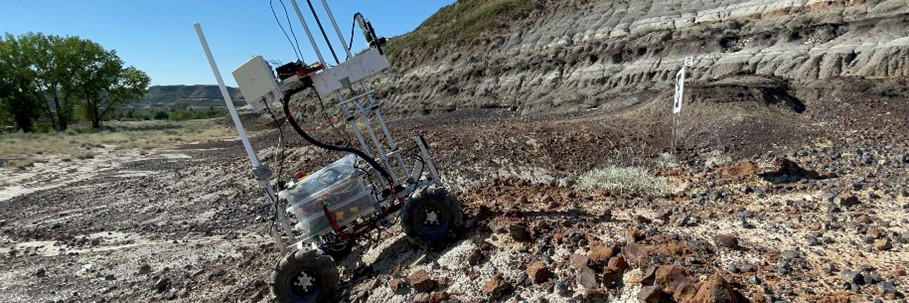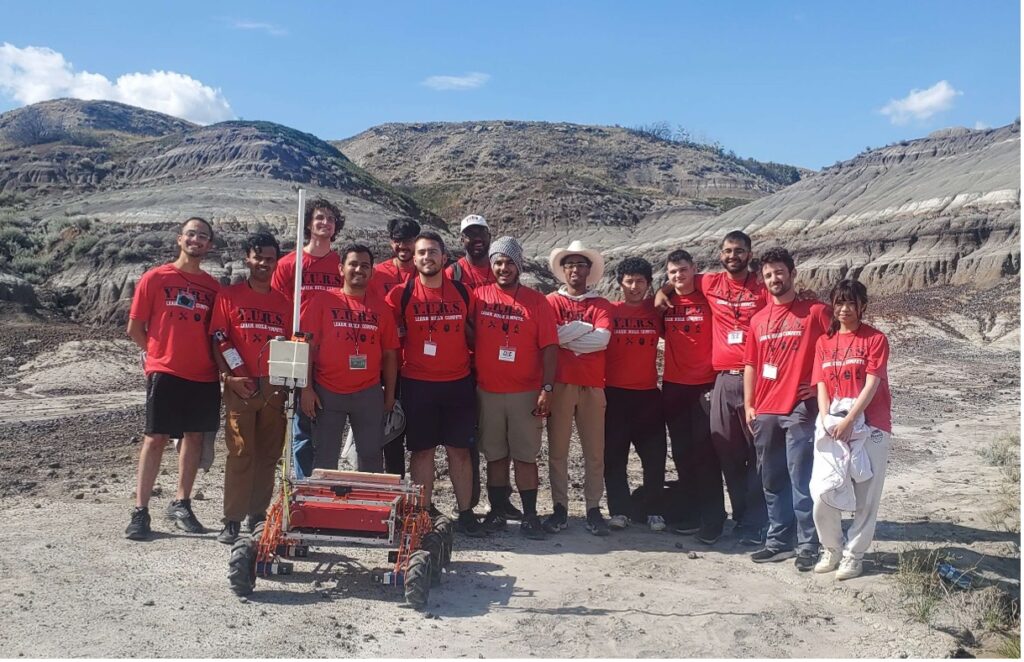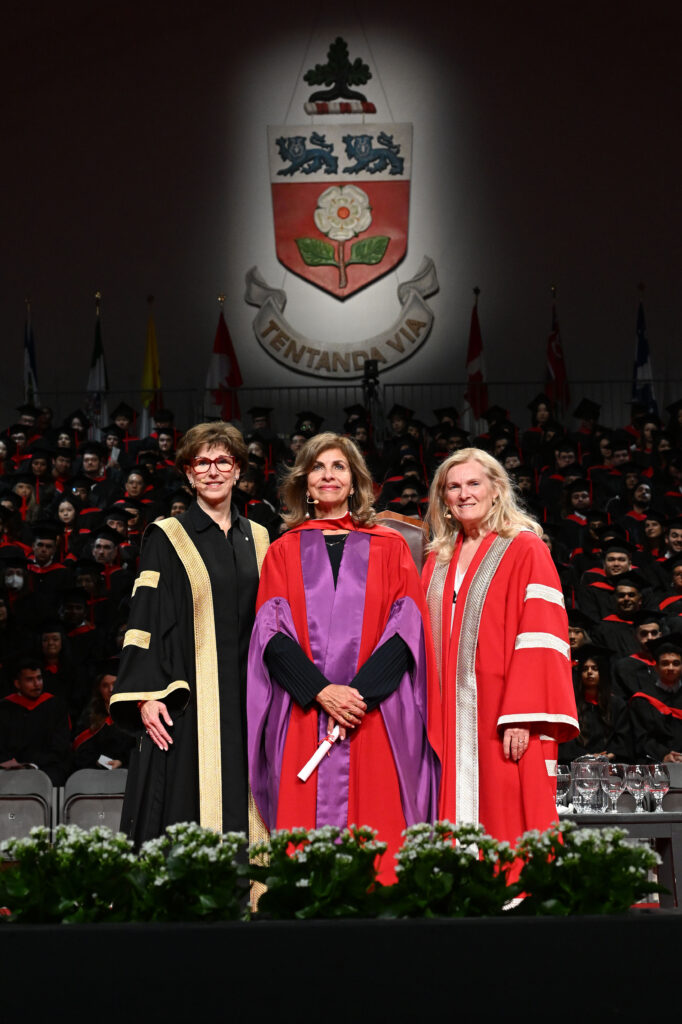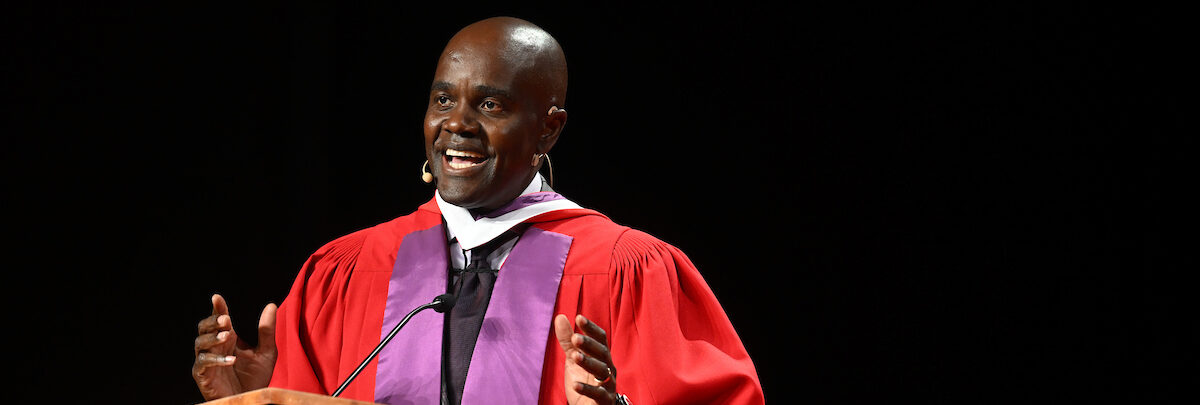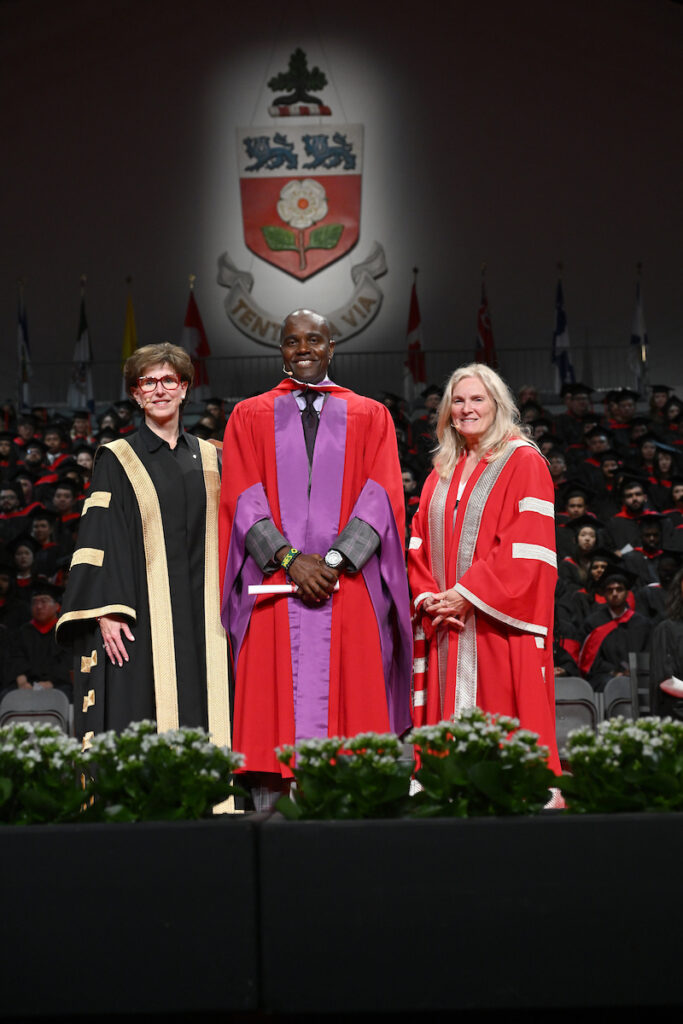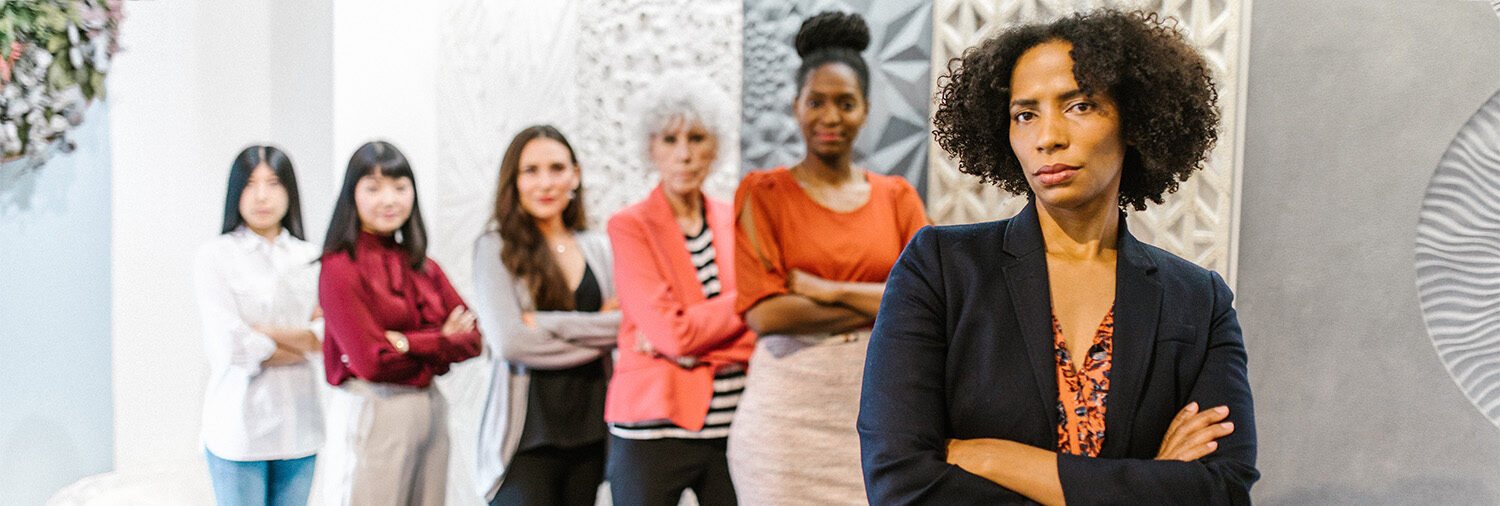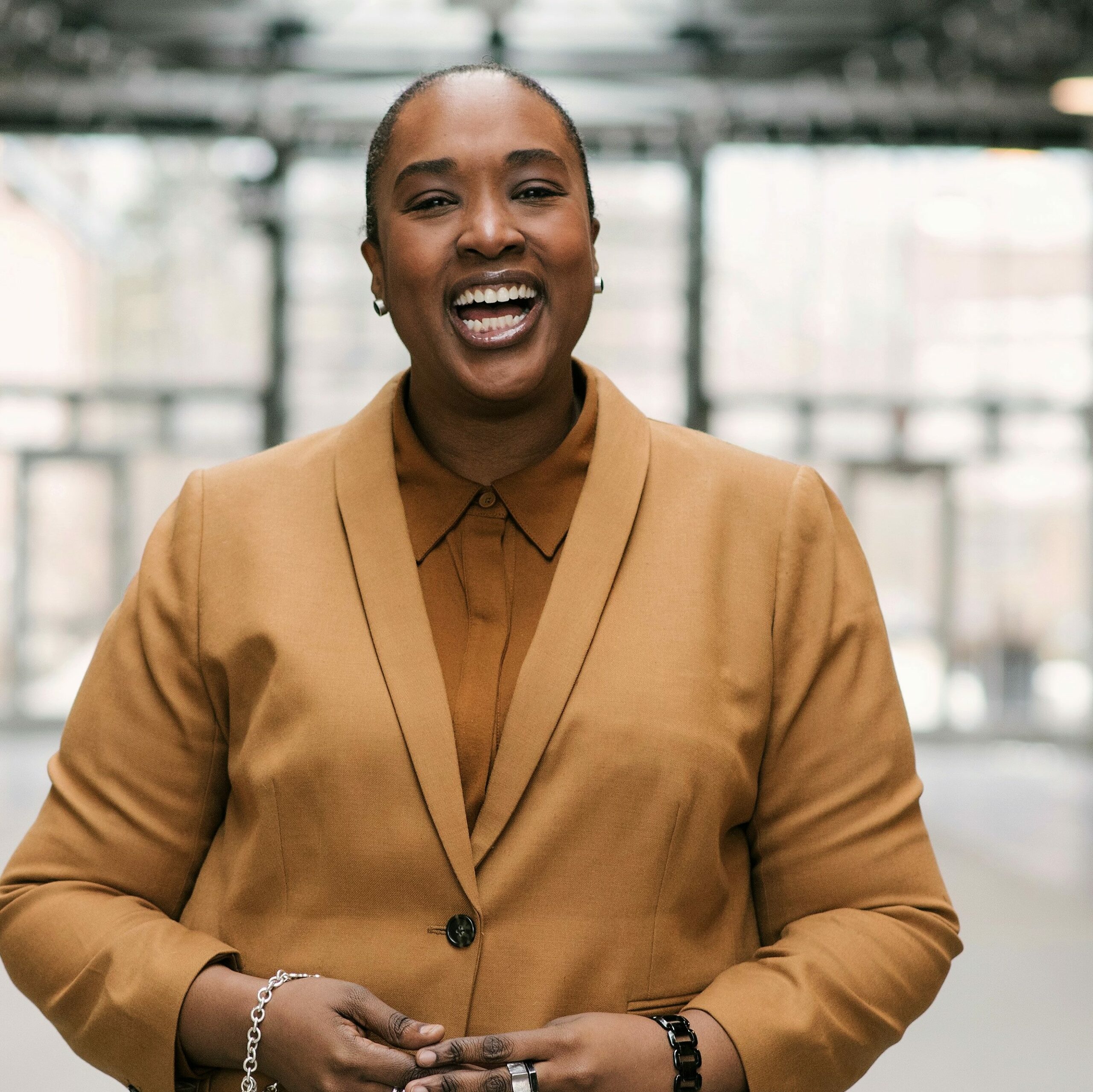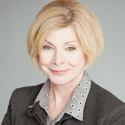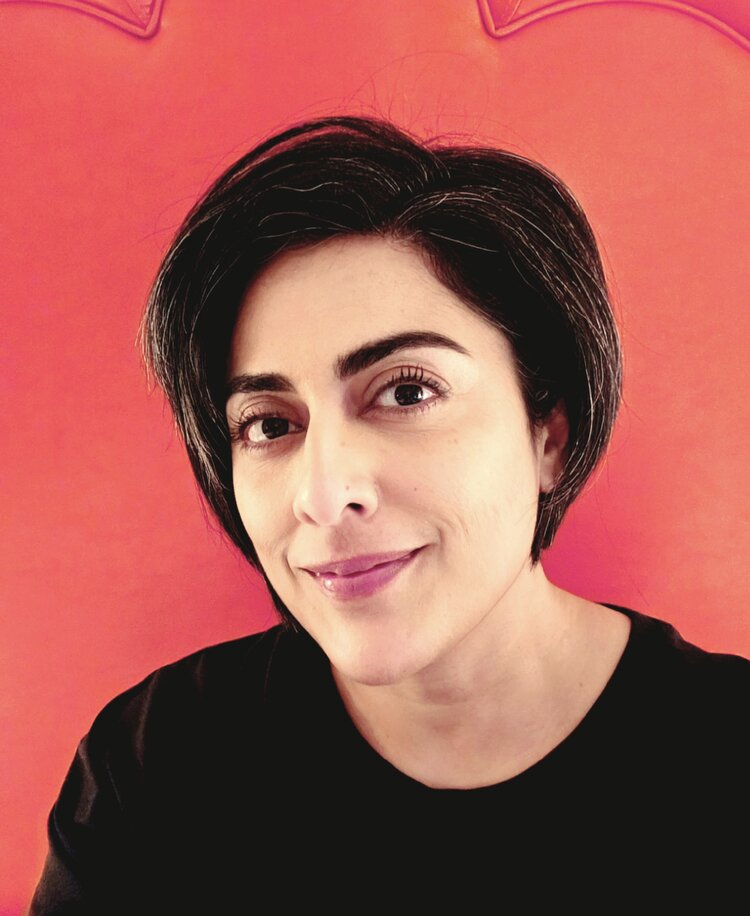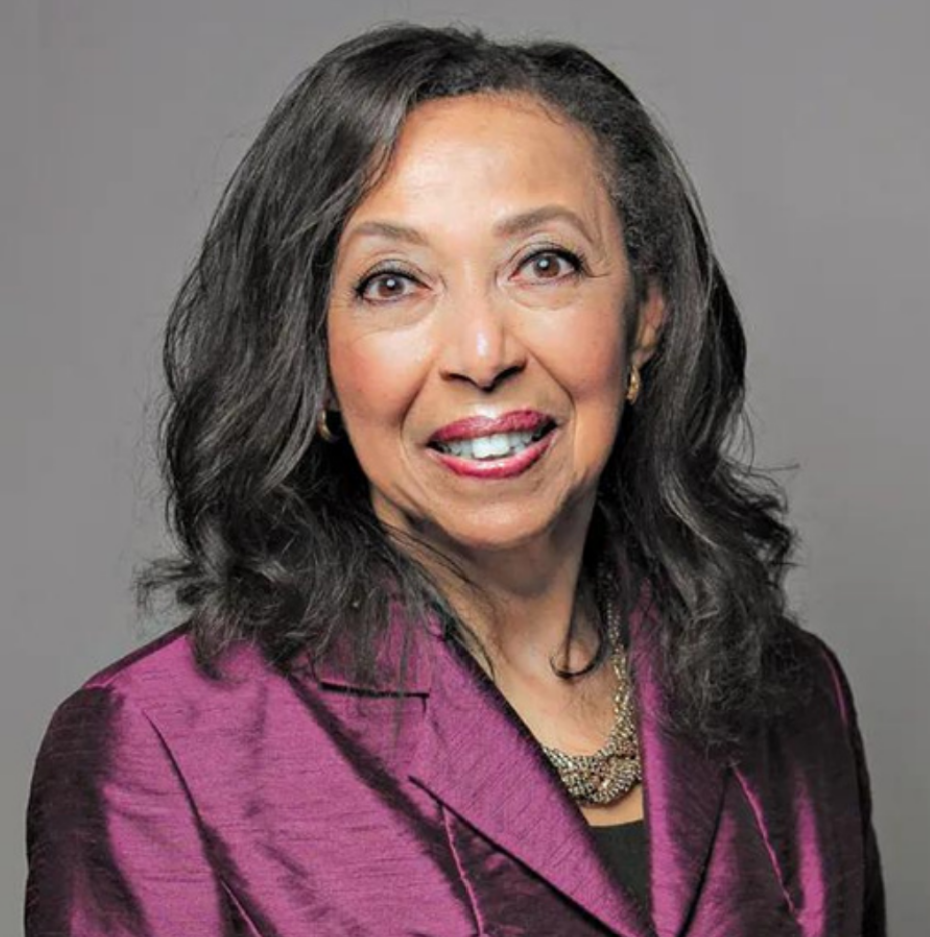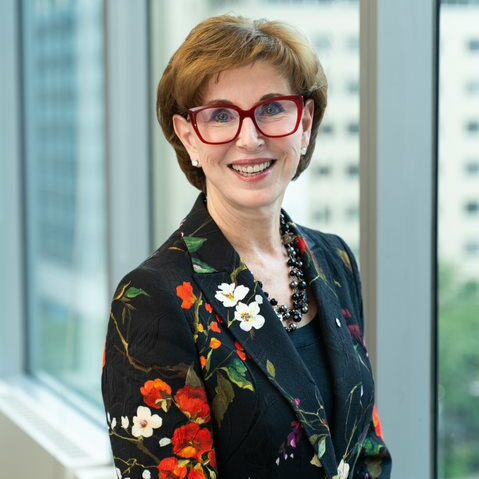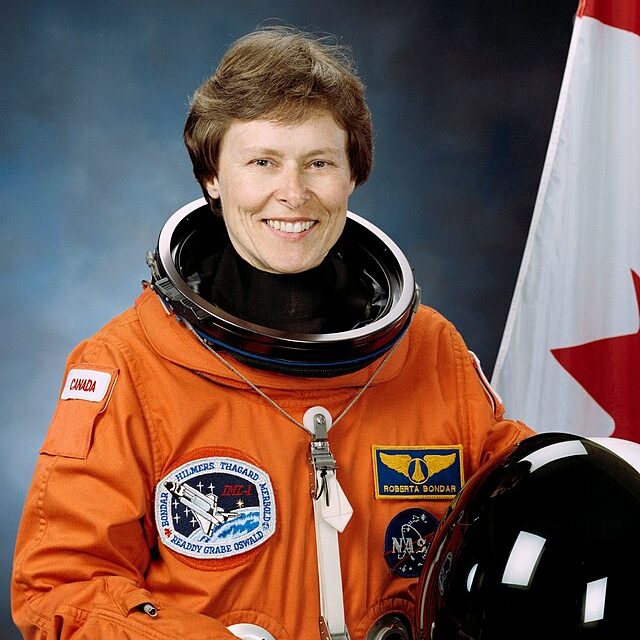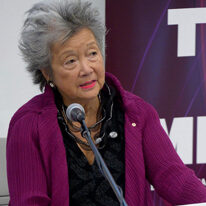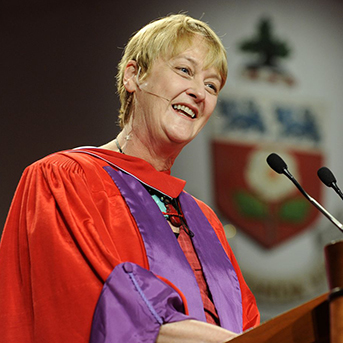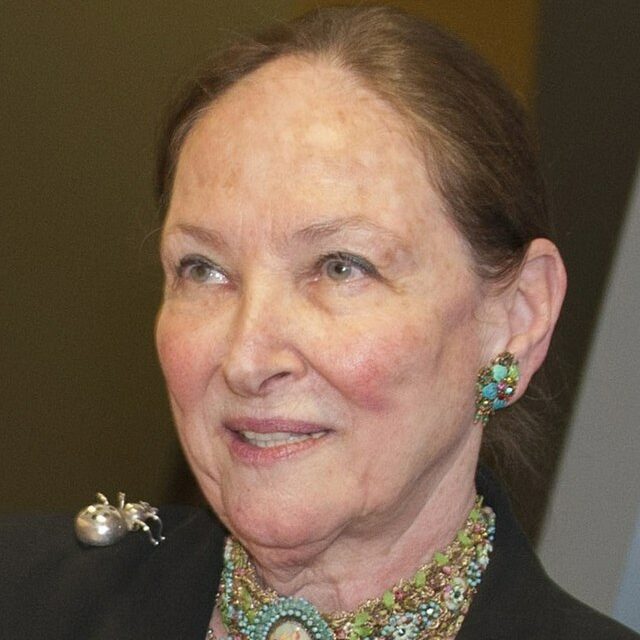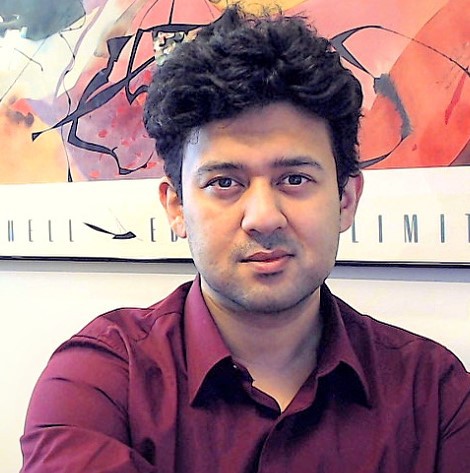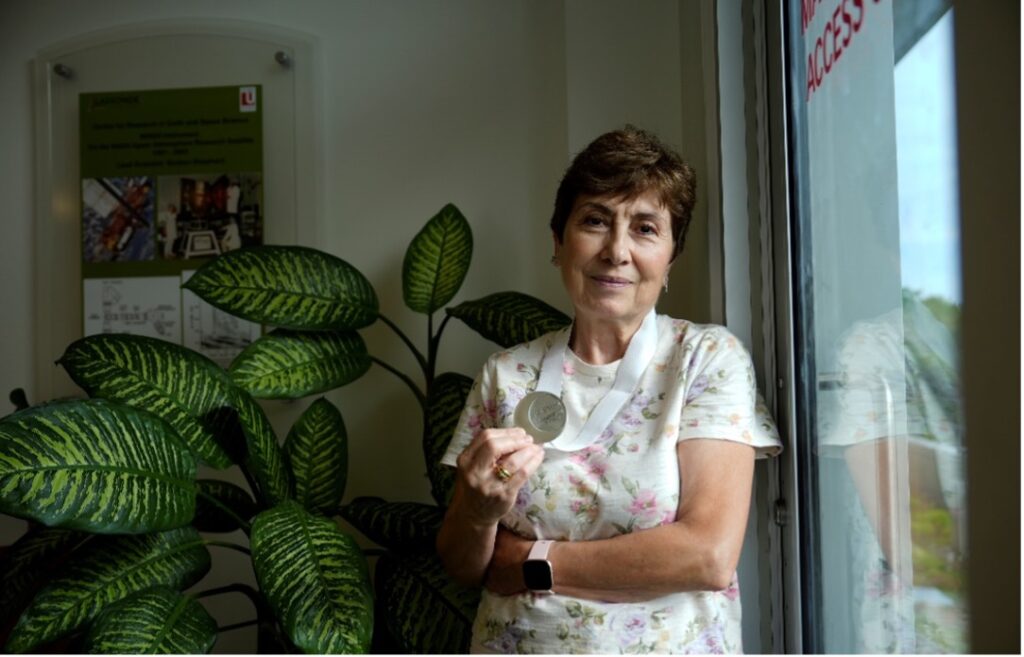More than 20 faculty members from York University’s Faculty of Science were collectively awarded over $4 million in Natural Sciences & Engineering Research Council of Canada (NSERC) Discovery Grants to continue advancing scientific innovation.
Faculty from chemistry, physics, math, biology and other departments were represented among the recipients of grants with either one- or five-year terms. The funding will go towards enabling Faculty of Science researchers to independently pursue long-term research programs, innovative research activities, diverse partnerships and interdisciplinary collaborations.
This year’s NSERC Discovery Grant program – Individual recipients, and their funded research programs, are:
Jingyi Cao, assistant professor in the Department of Mathematics & Statistics, for “Stochastic optimal control problems in insurance risk management.”
Patrick Hall, professor and Chair in the Department of Physics & Astronomy, for “The Physics of Quasars and Quasar Winds: Spectroscopy from SDSS-V and Beyond.”
Ryan Hili, associate professor in the Department of Chemistry, for “Exploring the Chemical Diversity of Nucleic Acids.”
Marko Horbatsch, professor in the Department of Physics & Astronomy, for “Small Molecules in External Electric Fields.”
Huaxiong Huang, professor in the Department of Mathematics & Statistics, for “Mass Transport in Complex Fluids and Biological Tissues: Modeling and Computation.”
Patrick Ingram, associate professor in the Department of Mathematics & Statistics, for “Explicit estimates for families in arithmetic dynamics.”
Seyed Moghadas, professor in the Department of Mathematics & Statistics, for “Computational Methods for Complex Infectious Disease Dynamics: Model Validation with Data Assimilation.”
Kelly Ramsay, assistant professor in the Department of Mathematics & Statistics, for “Robust Nonparametric Methods for Complex Data.”
Emanuel Rosonina, associate professor in the Department of Biology, for “Mechanisms of transcription reinitiation.”
Thomas Salisbury, professor in the Department of Mathematics & Statistics, for “Actuarial finance, random walk in random environment, super Brownian motion.”
Rui Wang, dean of the Faculty of Science and professor in the Department of Biology, for “A novel mechanism for H2S-induced protein posttranslational modification.”
Woldegebriel Assefa Woldegerima, associate professor in the Department of Mathematics & Statistics, for “Perturbation Methods in Analysis of Complex Multiscale Models of Ordinary, Partial, Stochastic and Neural Differential Equations Applied to Real-world Problems.”
Yuehua Wu, professor in the Department of Mathematics & Statistics, for “Statistical Modelling and Inference with High-Dimensional, Complex Data.”
Mike Zabrocki, professor in the Department of Mathematics & Statistics, for “Representation theory of diagram algebras and plethysm.”
This year’s NSERC Research Tools & Instruments recipients, and their funded research programs, are:
Mark Bayfield, professor in the Department of Biology, for “Biomolecular Infrastructure for Detection of Radioisotopes, Fluorescence, Chemiluminescence.”
Jennifer Chen, associate professor in the Department of Chemistry, for “Dynamic Light Scattering Instrumentation for Materials Development.”
Sergey Krylov, professor in the Department of Chemistry, for “Advancing Instrumental Bioanalytical Methods.”
Raymond Kwong, Canada Research Chair and associate professor in the Department of Biology, for “Microelectrode array for electrical characterization of neuronal and muscular networks.”
This year’s NSERC Discovery Launch Supplements recipients, and their funded research programs, are:
Jingyi Cao, assistant professor in the the Department of Mathematics & Statistics, for “Stochastic optimal control problems in insurance risk management.”
Kelly Ramsay, assistant professor in the Department of Mathematics & Statistics, for “Robust Nonparametric Methods for Complex Data.”
Woldegebriel Assefa Woldegerima, associate professor in the Department of Mathematics & Statistics, for “Perturbation Methods in Analysis of Complex Multiscale Models of Ordinary, Partial, Stochastic and Neural Differential Equations Applied to Real-world Problems.”
This year’s NSERC Discovery Grants program – Subatomic Physics, Project recipient, and their funded research program, is:
Deborah Harris, professor in the Department of Physics & Astronomy, for “Neutrino Oscillations at T2K: New Avenues to Explore.”
This year’s NSERC Discovery Grants program – Subatomic Physics, Individual recipient, and their funded research programs, is:
Junwu Huang, adjunct professor in the Department of Physics & Astronomy, for “Dark Matter, light particle searches in the lab, astrophysics and cosmology.”



